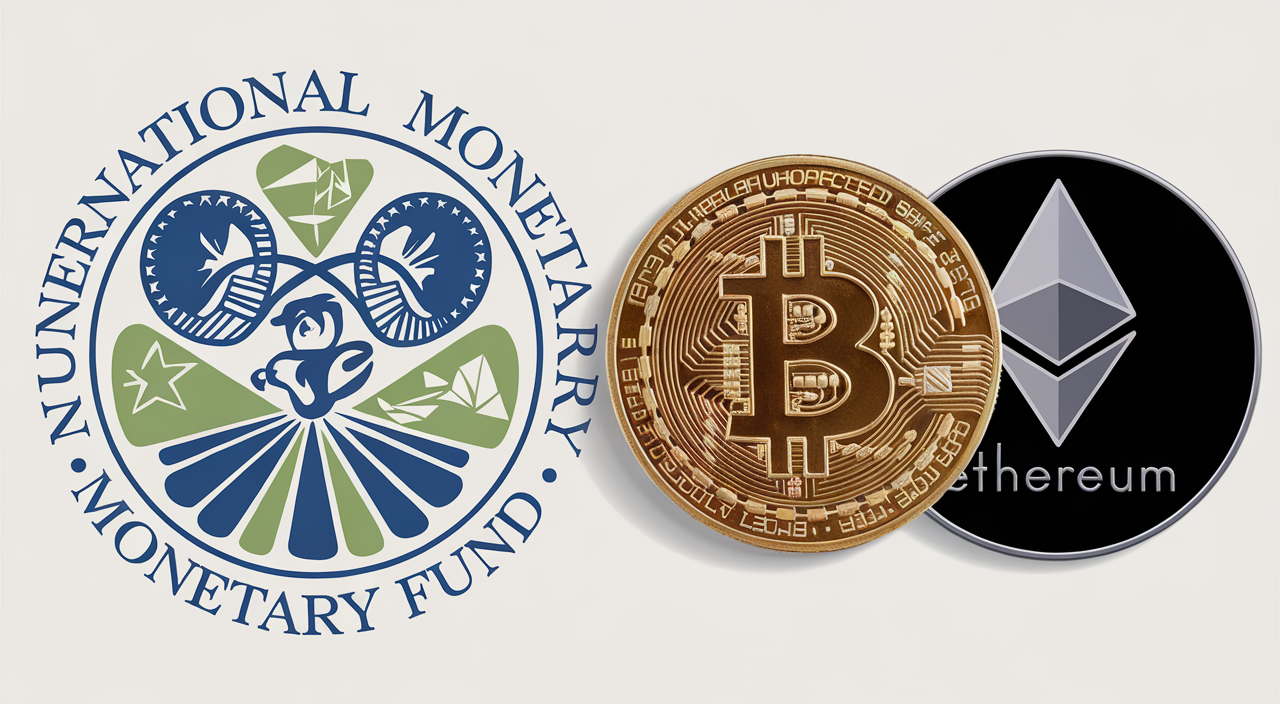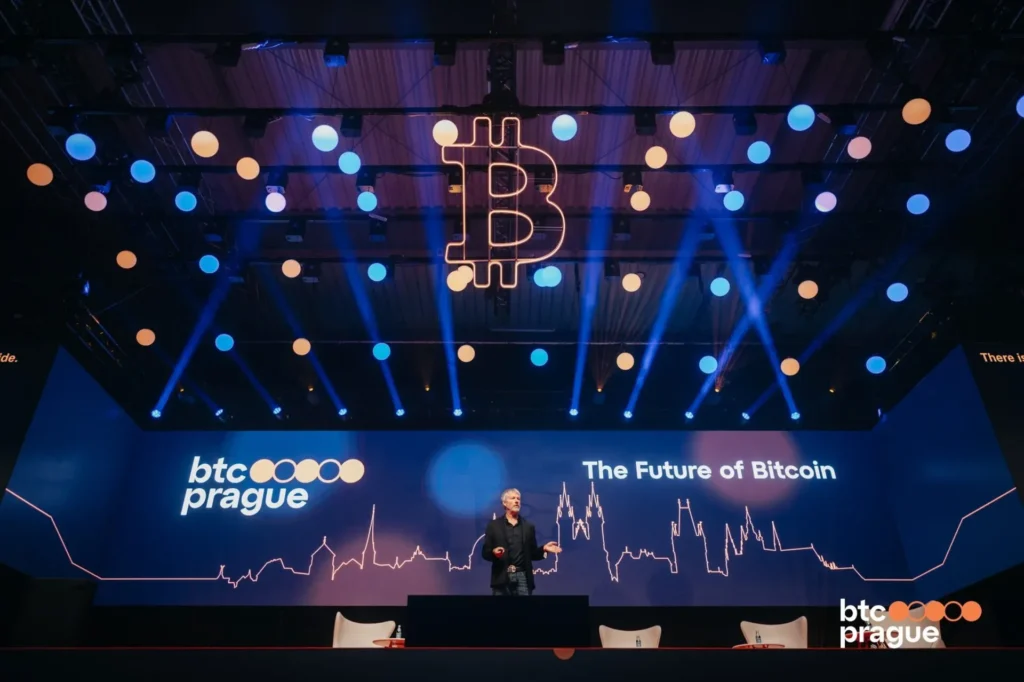The International Monetary Fund (IMF) announced a groundbreaking policy shift by integrating Bitcoin and major altcoins into its revised global economic reporting standards, marking a pivotal moment for cryptocurrency recognition in mainstream finance. The updates, outlined in the newly released Balance of Payments Manual Seventh Edition (BPM7), categorize digital assets like Bitcoin as **non-produced nonfinancial assets** in capital accounts while platform-linked tokens such as Ethereum or Solana may be treated as quasi-equity instruments in cross-border transactions.
Under the framework, Bitcoin transactions between countries will now be tracked as acquisitions or disposals of non-produced assets. Stablecoins backed by reserves—like USDC or USDT—are classified as financial instruments, subject to liability-based oversight. The IMF also introduced guidelines for cryptocurrency income streams: staking rewards and yield-generating activities may qualify as dividend-like income, while mining operations are categorized as exportable computer services.
Analysts highlight the IMF’s decision to distinguish between fungible and nonfungible tokens (NFTs) while emphasizing compliance with anti-money laundering (AML) and counter-terrorism financing (CFT) protocols. The move aims to standardize crypto-related economic data collection by 2030, enabling more accurate global assessments of digital asset flows. IMF officials noted the updates address regulatory gaps identified in countries like Kenya, where outdated frameworks have struggled to manage crypto-related risks.
The policy revision follows years of consultations with G20 nations and aligns with recommendations from global bodies like the Financial Stability Board. By treating platform tokens as equity-like holdings, the IMF acknowledges cryptocurrency’s evolving role in cross-border investments, though experts warn implementation complexities remain—particularly around tax reporting and jurisdictional governance.
Economists predict accelerated regulatory alignment among IMF member states, potentially boosting institutional crypto adoption. The changes also clarify how central banks and statistical agencies should record decentralized finance (DeFi) activities, mitigating ambiguities in GDP calculations. Cryptocurrency markets reacted positively to the news, with Bitcoin and Ethereum prices rising modestly following the announcement.
Sources:
https://www.ainvest.com/news/imf-updates-framework-include-bitcoin-ethereum-2503/
https://www.ainvest.com/news/imf-recognizes-cryptocurrencies-global-economic-data-2503
https://cointelegraph.com/news/kenya-crypto-regulation-imf-advice
IMF releases paper on policy and regulation for crypto-assets, commissioned by G20
IMF updates global standards to include crypto in balance of payments



